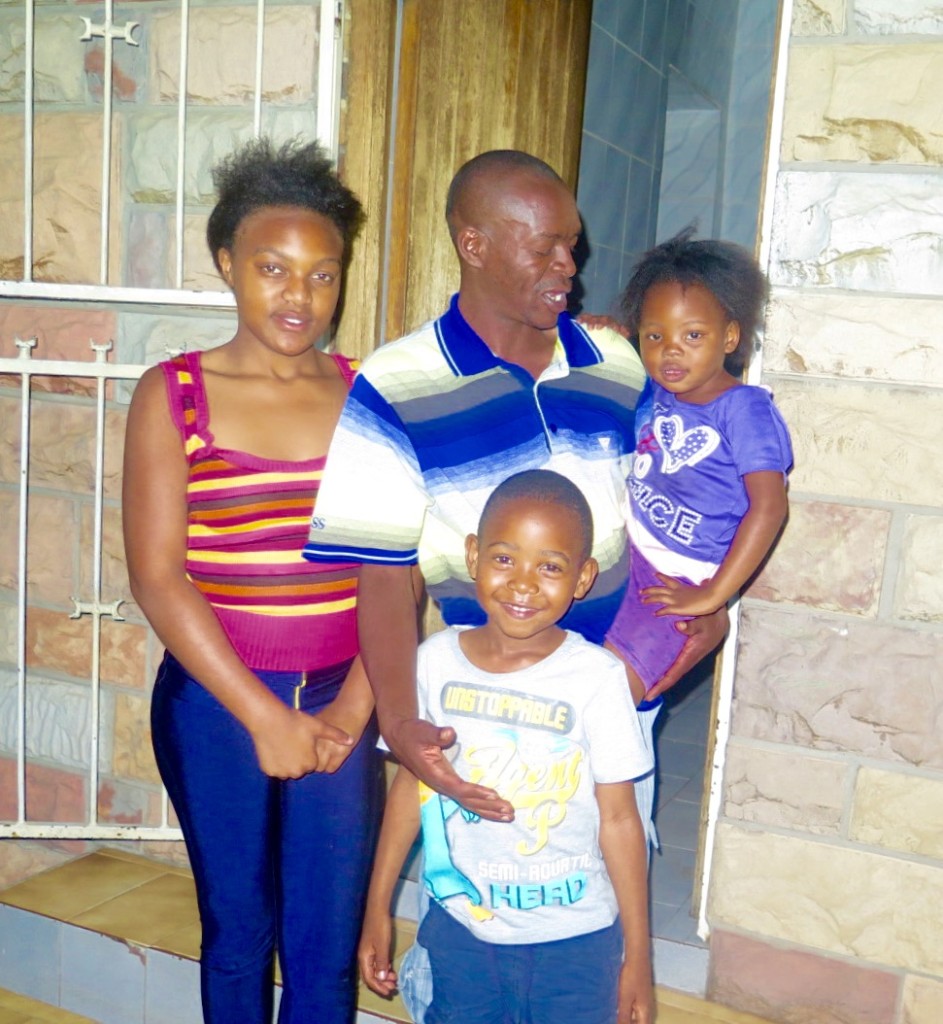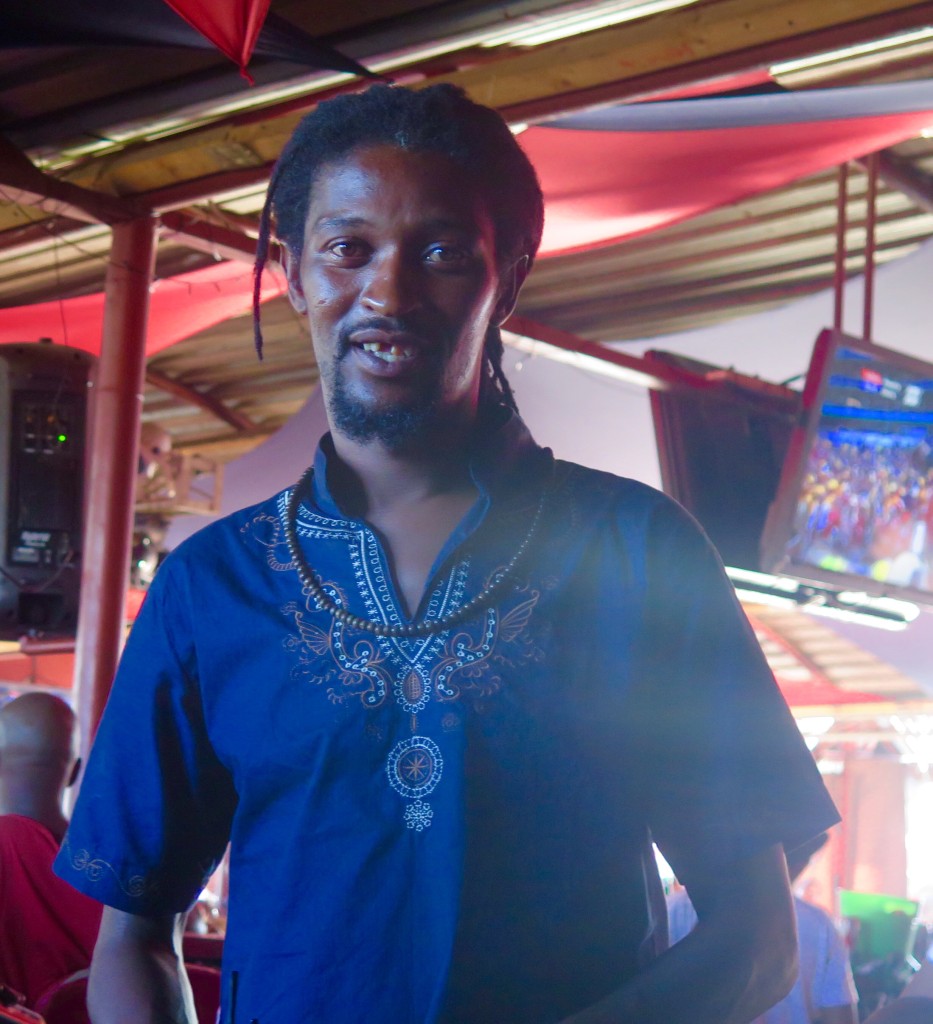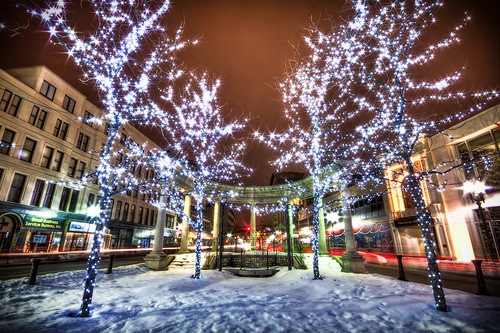
EMALAHLENI, South Africa — There’s enough disturbing news in the world. I’ve reported my share of it. So when a story crosses my path that is part of the global garden of embryonic hope, I relish telling it.
One of those stories, about two young guys here in South Africa who turned trash dumps into a program to build neighborhood parks, was brought to my attention by environmental activists living in Mpumalanga province, the coal mining and coal-fired power capital of South Africa.
Patrick Bodibane is 33, a wiry and slim father of three, and a member of the overwhelming number of young, smart, and modestly skilled South African men who veer from one piece work job to the next to feed their families. One of every three working age South African adults is jobless. Those without industrial or craft skills, or post-high school educations, are passed by in a poorly managed nation that is hindered by its own reluctance to invest in skills training or higher education for its young people.
Dumisani Masina, Patrick’s friend, is a year older. He is tall and slim, wears his long hair in dreadlocks, and affects an air of confidence that fits a wardrobe of fitted colorful African shirts and stylish shoes that speak volumes about his grace. He is the father of four children by four women, and pursued studies at the local technical training school sufficient to attract several big industrial companies to hire Dumi in various health, safety, and quality control positions.
Two virtues tie Patrick and Dumi together: the need to make a living, and the desire to make their places and the planet a little cleaner. The first is a daily priority. The second developed as their work attracted much-deserved public attention.
In 2008, Patrick’s entrepreneurial plan, hatched with several friends, was to start a curbside carwash to make money. The Linville section of Emalahleni, a stable middle class black neighborhood, had sufficient spaces for a few tarp-covered carwash bays. But all of them were abandoned city-managed lots heaped with trash. Patrick’s car wash strategy became a clean-up plan, executed with the help of his business partners and dozens of volunteers. It took several months of digging and hauling, but within two months of the project’s start, the area behind the first carwash emerged as a green space of grass and shade trees.

The new park produced crowds of kids and families. It raised the value of every home within sight of the park. The novelty of seeing young volunteers, most of them men, working in organized clean-up teams attracted the attention of municipal officials, who contributed trucks and tools. With nine colleagues, Patrick founded an environmental organization in 2010, Do It For Yourself, Inc., that served as a center of activity and clean-up planning, funded by carwash revenues and occasional donations.
By that time Dumi had started the Khuthala Environmental Project to address trashed lots in his neighborhood not far away, and to begin looking at deeper public health problems — asthma, respiratory illnesses, stomach ailments — that residents linked to the coal-fired power plants and mines surrounding Emalahleni. “I got sick with asthma. The doctor told me it was because the air was so polluted from the emissions from the plants,” Dumi said. “We organized and we met with other groups and we learned what was happening.”
Around that time Patrick and Dumi met in a meeting to talk about trash and air pollution. The two started to help each other’s projects. More trashed lots were cleaned up. More citizen activism put pressure on mine owners and Eskom, South Africa’s electrical utility, to abide by national air quality statutes.
Most recently, the park development program convinced Jacob Msimango, one of Linville’s most prominent businessmen, to get involved. On July 18 last summer, Nelson Mandela’s birthday, Msimango contributed 1 million rand (US $61,000) of his own wealth to support Patrick and clean-up crew members in the Linville area. Msimango is 54 and an entrepreneurial businessman who invests in several sectors, including coal mining.

Those contacts enabled him to complete negotiations with Eskom to provide 24 million rand over the next five years to support trash clean-up, park development, tree planting, and other green improvement projects in four Emalahleni-area wards. “I just fell in love with what they were doing,” said Msimango. “I wanted to see the program get bigger.”
The greening and park construction project will generate 500 jobs, Msimango said. Patrick has been asked to serve as a team leader, a full-time position, and will earn perhaps 8,000 to 10,000 rand a month, the largest salary of his life. He started this month. “I’m so happy about it,” Patrick says. “It’s putting a lot of people to work doing something that is good.”
For his part, Dumi is helping organize and advance the work of the four-year-old Hegin Highveld Environmental Justice Network, an alliance of 14 Mpumalanga and neighboring KwaZulu-Natal province environmental groups that focus on taming damage from coal-mining and coal-combustion. He’s also keeping pace with the park clean-up project, functioning as a connector and a marketer, including introducing this American writer to the handsome new parks and the readily apparent joy they bring to residents.
— Keith Schneider


One thought on “Parks and Promise in Emalahleni, South Africa”